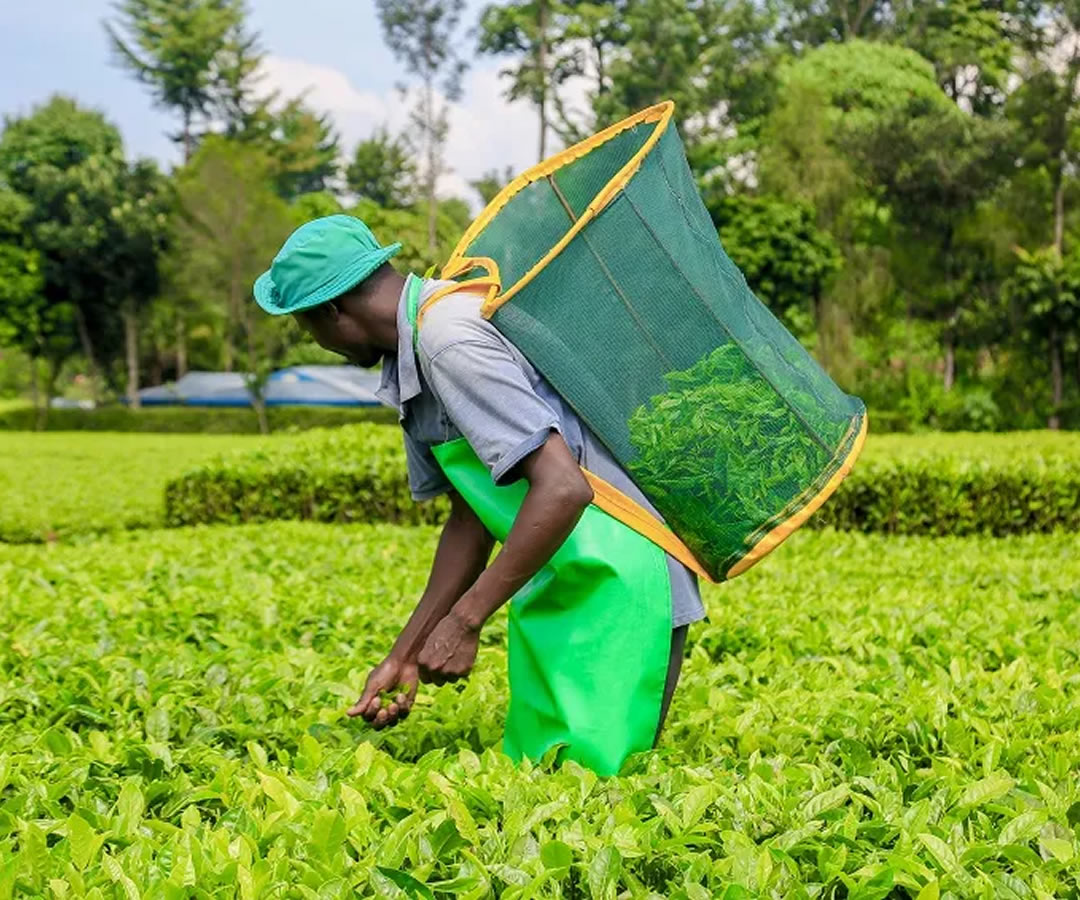Heavy tax burden on tea sector draws fire from Senators

CS Mbadi stated that there is no double taxation within the tea sub-sector. He emphasized that any tax applied to tea at any stage of the value chain is consistent with other sectors, ensuring a fair and equal taxation system.
National Treasury Cabinet Secretary John Mbadi has defended the current taxation framework for Kenya’s tea industry, insisting that the government has extended multiple incentives to the sector despite the taxes.
He outlined that tea processing factories pay a 30% corporate tax on their income, and processed tea sold domestically is subject to a 16 percent VAT, as are all packaging materials, including those for tea.
Imported packaging materials face an excise duty of 25% and import duty of 35%.
Mbadi stated that there is no double taxation within the tea sub-sector.
He emphasized that any tax applied to tea at any stage of the value chain is consistent with other sectors, ensuring a fair and equal taxation system.
He urged Kirinyaga Senator James Murango to formally recommend which levies should be removed if they are deemed unnecessary.
“As far as I know, I have enumerated all the taxes I am aware of but if there are levies that need not to be there, the best thing to do is for the MP to recommend for the levies to be removed,” Mbadi said.
The Treasury Secretary also noted ongoing efforts by various government entities to reduce the burden of levies in the tea sector.
These include a reduction of the management fee paid by tea factories from 2.5% to 1.5%, a move expected to save tea farmers about Sh1 billion annually once the Tea Act, 2020, is fully enacted.
Mbadi added that the Ad Valorem Levy, which was 1 percent of the customs value of exported tea, was scrapped in 2016.
This move saved farmers roughly Sh900 million annually and helped make Kenyan tea more competitive locally and internationally.
The Agricultural Produce Cess, another levy of 1% of green leaf value, was also removed, saving about Sh486 million yearly and reducing production costs.
Further incentives include VAT exemptions on farm inputs like fertilizer, agricultural services, and tractors.
Transport services for unprocessed tea from farms to factories, as well as unprocessed green tea, are also VAT-exempt.
Tea supplied to export auction centers is zero-rated, as is tea bought locally for value addition before export.
However, Kericho Senator Aaron Cheruiyot pointed out that tea farmers have not yet seen the benefit of these tax relief measures.
He said the government has set aside Sh3.5 billion in this financial year to revive aging tea factories, a move that could help the struggling sector.
